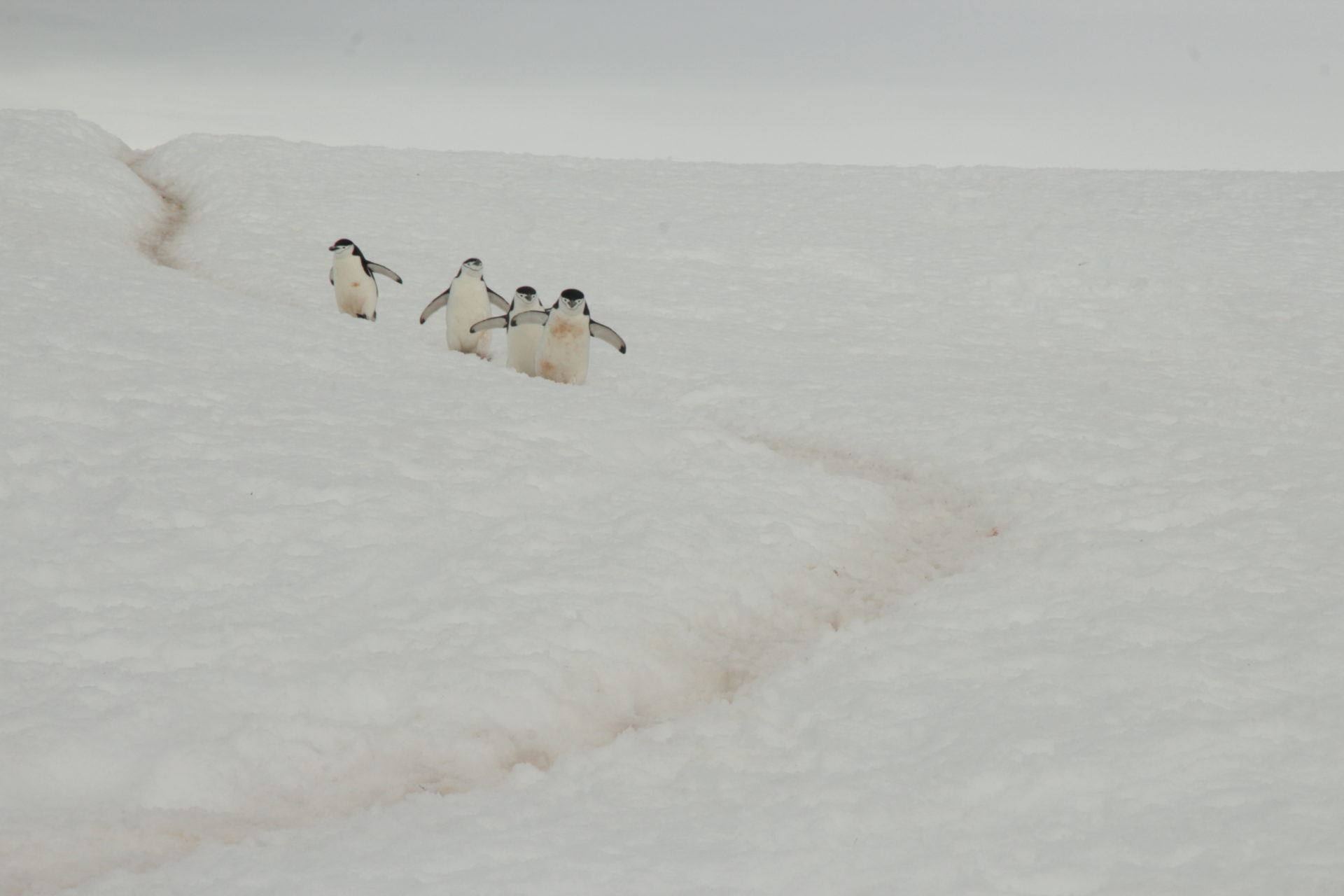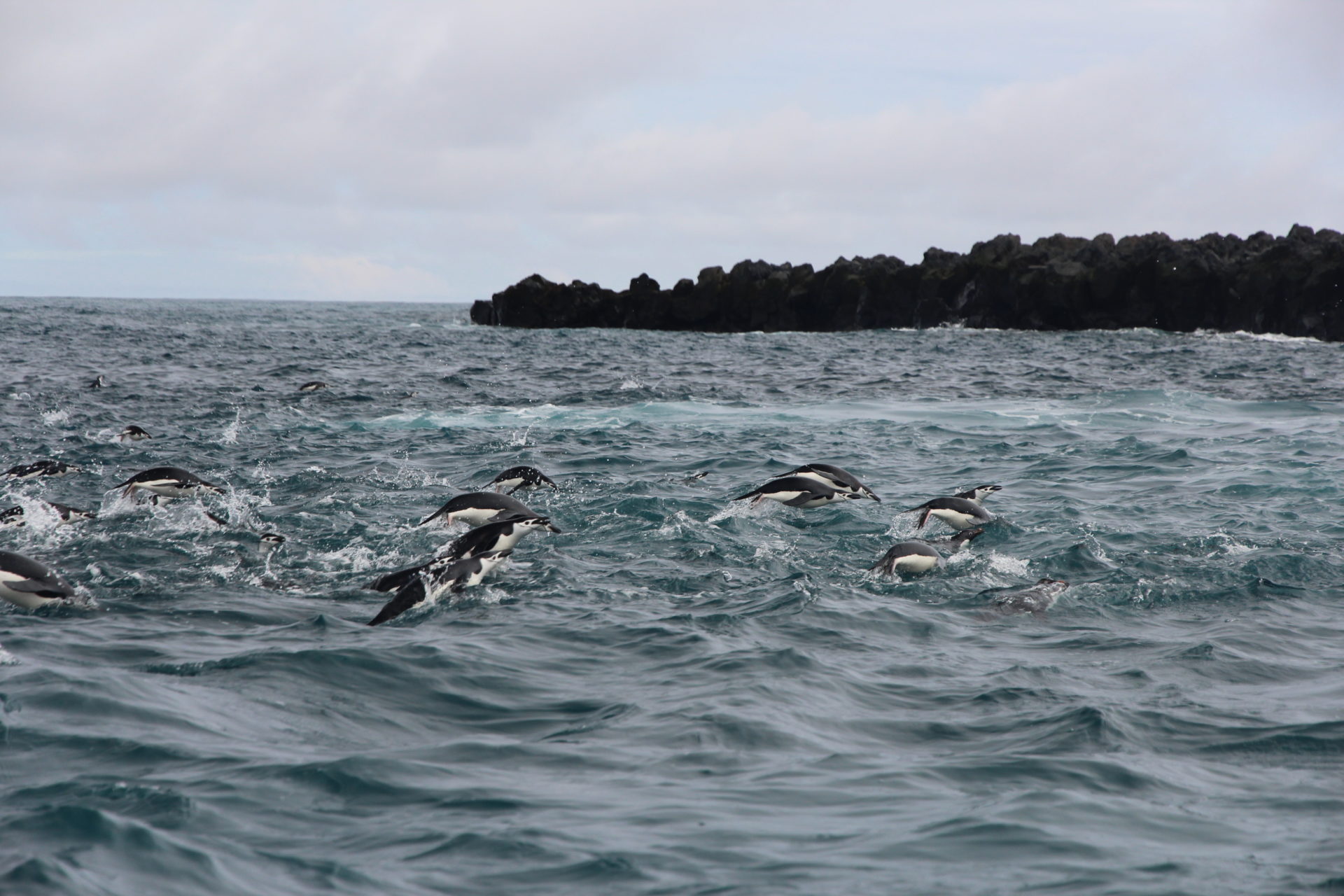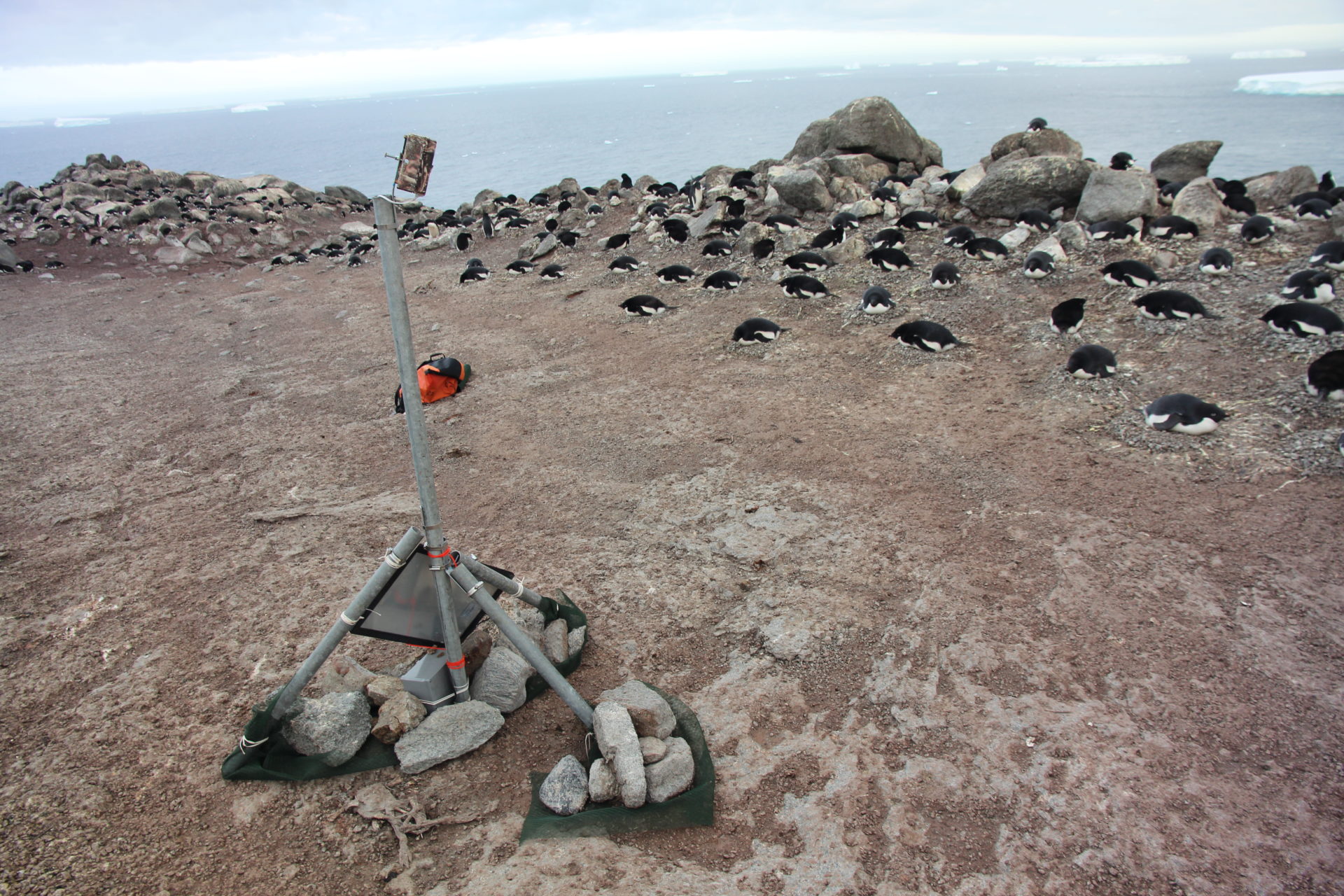United Kingdom (Oxford)
Join the wildest egg hunt on Earth, count penguins, chicks and eggs and help Oxford researchers understand the lives of penguins to save them from threats.
Penguin populations are declining worldwide, with fishing activities, pollution and the climate crisis as the main culprits. Antarctic colonies are suffering the most, having seen their numbers shrink by as much as 77% in 50 years. And yes, we should care — sitting at the top of the food chain, seabirds are great indicators of marine health. Changes in their populations can help us understand changes in the wider ecosystem.
That’s why penguinologists are asking for help studying the lives, numbers and behaviour of penguins around the world. Whom are they asking? But you, of course!
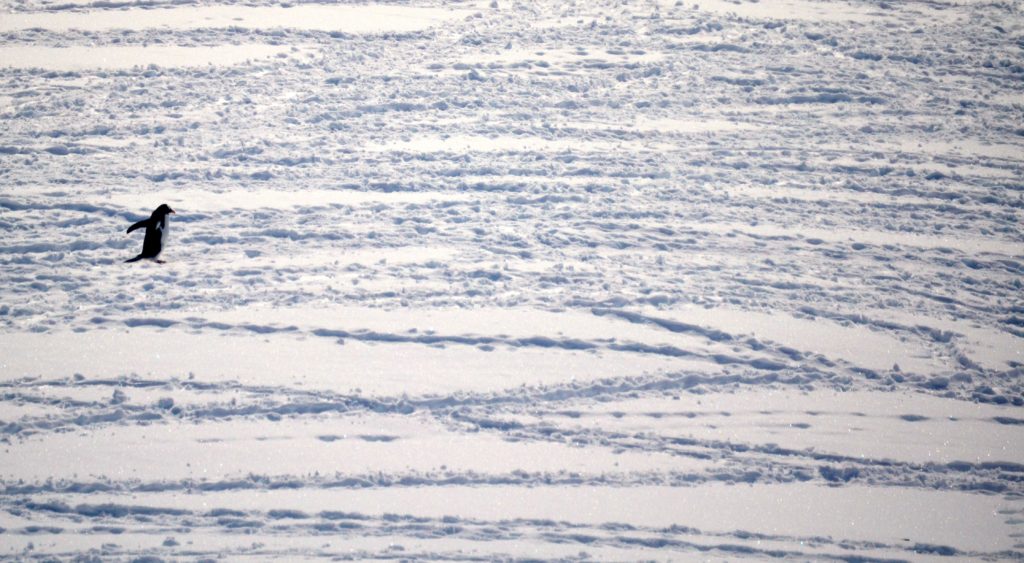
Ready for your new favourite game? Credits: Penguin Watch.
Penguin Watch is a citizen science project where people like you and me put on their penguin detective hats to monitor penguins and answer one question: why are they declining?
The project is run by Dr Tom Hart at Oxford University, with collaborators around the world including Oceanites, Stony Brook, The University of Western Australia and The Zoological Society of London, and is hosted by Zooniverse, the world’s leading citizen science platform.
?️♀️ Have you got what it takes to become a penguin detective? Test your penguin knowledge with this AtlasQuiz (we hid one answer in the article!)
Because during much of the year it’s nearly impossible to reach penguins that live in extreme environments, Tom and his team placed cameras near hundreds of colonies around Antarctica and the Southern Ocean to “get a global picture of what’s going on.” The cameras can take thousands of photos throughout the year, but can’t tell researchers what they mean. That’s when citizen scientists come in.
People can open the Penguin Watch page and check out the photos any time, choose aerial images or time-lapse cameras and click on what researchers are looking for in the picture — adult penguins, chicks, eggs, nests, and more. The website warns that it’s “mildly addictive, but for a good cause.” Are penguin chick pics the new cat videos?

Cuteness overload. Credits: Penguin Watch.
Essentially, participants help penguinologists gather data. A lot of it. To date, over 48 thousand volunteers from around the world have completed more than 1.5 million classifications. By understanding penguin population changes and changes in their survival rates and timing of breeding, penguinologists can detect early warnings of risks to key ecosystems and inform policymakers to help reverse threats, protecting penguins and the environment.
▶️ Ready to live the penguinologist life? Check out Tom and Fiona’s work.
But can’t penguinologists sort out their own photographs? Penguin Watch says that they cannot collect data on a large enough scale to monitor global trends. They can and are, however, using citizen science data to train algorithms for automatic penguin detection. We’re not sure how the penguin detectives will take that, though. Tom says:
“The feedback we get time and time again is that people enjoy being useful, and they are!”
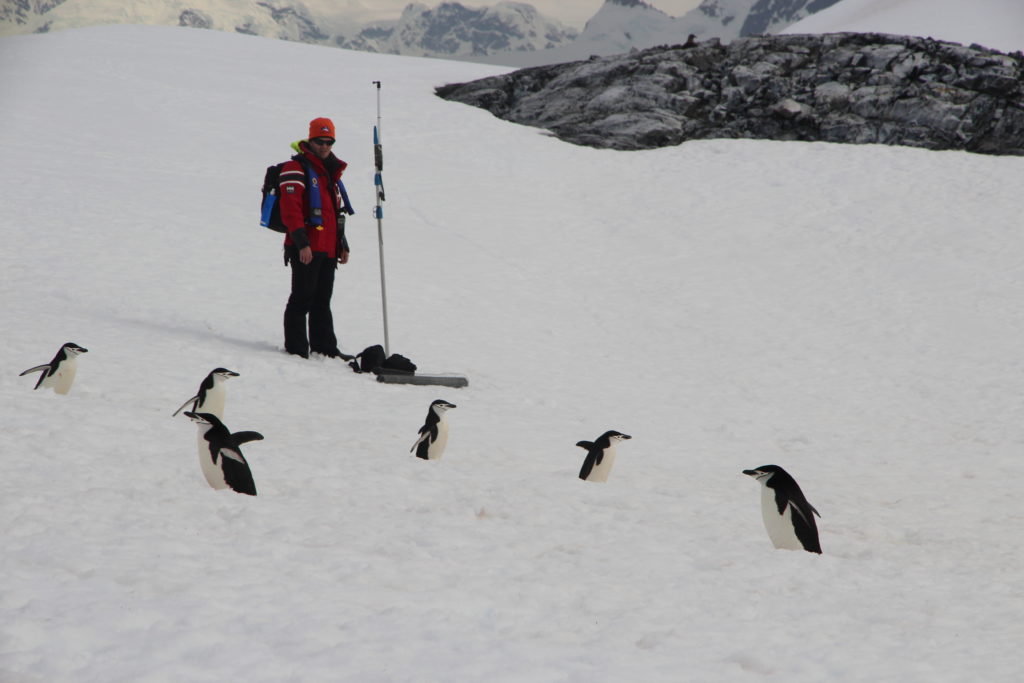
Help a penguinologist. Credits: Penguin Watch.
AtlasAction: Join Penguin Watch and become a penguin detective!
► Check out other citizen science projects on the Atlas.
Project leader
Dr Tom Hart
Support the Atlas
We want the Atlas of the Future media platform and our event to be available to everybody, everywhere for free – always. Fancy helping us spread stories of hope and optimism to create a better tomorrow? For those able, we'd be grateful for any donation.
- Please support the Atlas here
- Thank you!
